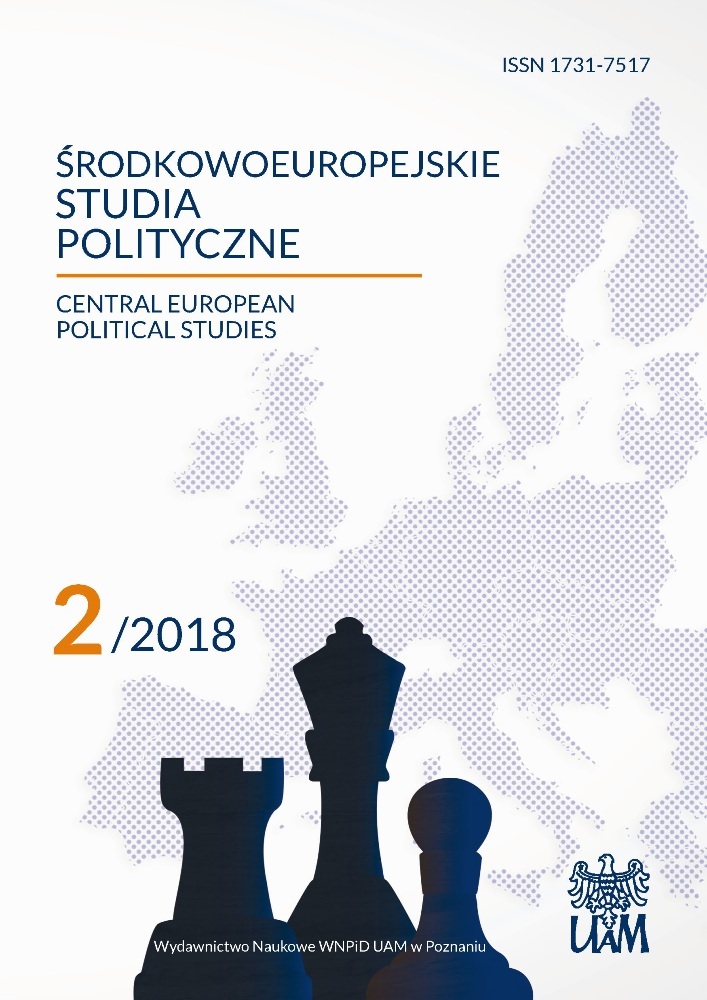Abstract
In this article, the author, addressing different aspects of Russian culture, tries to understand how the institutions of power can function in the Russian provinces, and how they can be perceived by society. Power is distributed unevenly, which results in its deficit. From the author’s point of view, modern practices may have an important cultural basis, involving a special relation to the province, which has traditionally been reflected in political discourse. The author believes that in the Russian provinces, there is an objective power deficit in institutions, which speaks, on the one hand, of a certain disregard for the province, and, on the other hand, testifies to the strength of the resistance to local initiatives and the legal nihilism that has become part of the philosophy of the Russian provincial. This in turn affects a fairly critical attitude towards the political power. A person is no longer capable of trusting the authorities and seeking support from them. The policy of the federal government in modern Russia gives rise to serious gaps between the center and the provinces, which can lead to a specific perception of power itself, and also lead to the formation of anarchic attitudes.
References
Агамбен Д. (2011), HomoSacer. Суверенная власть и голая жизнь, Издательство «Европа», М.
Ассман А. (2016), Новое недовольство материальной культурой, Новое литературное обозрение, М.
Барт Р. (1989), Избранные работы. Семиотика. Поэтика, Прогресс. Универс., М.
Бахтин М. (2017), Проблемы поэтики Достоевского, Азбука-классика, СПб.
Блок А. А. (1962), Собрание сочинений в 8 томах, Т. 5, Государственное издательство художественной литературы, М.
Буковский В. (1990), «И возвращается ветер…». Письма русского путешественника, Демократическая Россия, М.
Бунин И. А. (1991), Окаянные дни, Молодая гвардия, М.
Гарр Т. (2005), Почему люди бунтуют, Питер, СПб.
Исаев И. А. (2003), Politica Hermetica: скрытые аспекты власти, Юристъ, М.
Лотман Ю. (2017), Беседы о русской культуре. Быт и традиции русского дворянства (XVIII–начало XIX века), Азбука, СПб.
Люббе Г. (2016), В ногу со временем. Сокращённое пребывание в настоящем, Изд. Дом Высшей школы экономики, М.
Нильсен Ф. С. (2004), Глаз бури, Алетейя, СПб.
Норт Д., Уоллис Д., Вайнгаст Б. (2011), Насилие и социальные порядки. Концептуальные рамки для интерпретации письменной истории человечества, Издательство Института Гайдара, М.
Пастернак Б. (1989), Доктор Живаго, Книжная палата, М.
Розанов В. (2000), Метафизика христианства, АСТ, М.
Тодоров Ц. (2010), Дух Просвещения, Московская школа политических исследований, М.
Фуко М. (2005), Интеллектуалы и власть. Избранные политические статьи, выступления и интервью, Часть 2, Праксис, М.
Фукуяма Ф. (2017), Сильное государство, АСТ: АСТ, М.
Шелер М. (1999), Ресентимент в структуре моралей, Наука, Университетская книга, СПб.
Эткинд А. (2013), Хлыст: секты, литература и революция, Новое литературное обозрение, М.
Agamben D. (2011), HomoSacer. Sovereignty and a bare life, Izdatel’stvo «Evropa», Moscow.
Skiperskikh A. (2014), The right to revolt: the European and Russian context, «Przeglad Politologiczny. Political Science Review», nr 3.


